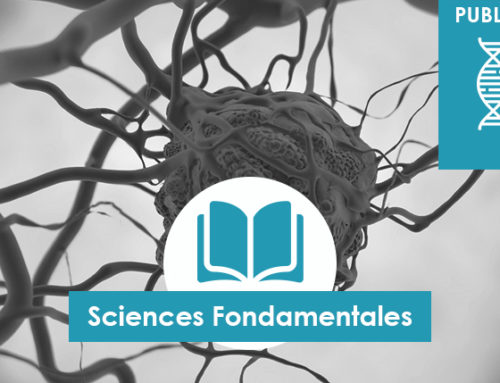ETIOSARC study : environmental aetiology of sarcomas from a French prospective multicentric population-based case-control study-study protocol
BMJ open, Jun 2019
Lacourt A, Amadéo B, Gramond C, Marrer E, Plouvier S, Baldi I, Blay JY, Coindre JM, de Pinieux G, Gouin F, Italiano A, Le Cesne A, Le Loarer F, Monnereau A, Pellegrin I, Penel N, Ray-Coquard I, Toulmonde M, Ducimetière F, Mathoulin-Pélissier S; Etiosarc study group.
CLICK HERE FOR FULL TEXT
Abstract
INTRODUCTION:
Sarcomas are rare tumours of connective tissue. The exact overall incidence of sarcomas is unknown due to diagnostic difficulties and the various histological subtypes (over 80 subtypes). However, the apparent increasing incidence of sarcomas suggests environmental causes such as pesticides. Except for some specific factors (ie, ionising radiation, vinyl chloride, dioxin and genetic predispositions) the scientific knowledge on the aetiology of sarcomas is sparse and inconsistent. France is a particularly appropriate country to set up a study investigating the causes of sarcoma occurrence due to the French organisation in treatment and care of sarcoma patients, which is highly structured and revolved around national expert networks. The main objective of the ETIOlogy of SARcomas (ETIOSARC) project is to study the role of lifestyle, environmental and occupational factors in the occurrence of sarcomas among adults from a multicentric population-based case-control study.
METHODS AND ANALYSIS:
Cases will be all incident patients (older than 18 years) prospectively identified in 15 districts of France covered by a general population-based cancer registry and/or a reference centre in sarcoma’s patient care over a 3-year period with an inclusion start date ranging from February 2019 to January 2020 and histologically confirmed by a second review of the diagnosis. Two controls will be individually matched by sex, age (5 years group) and districts of residence and randomly selected from electoral rolls. A standardised questionnaire will be administered by a trained interviewer in order to gather information about occupational and residential history, demographic and socioeconomic characteristics and lifestyle factors. At the end of the interview, a saliva sample will be systematically proposed. This study will permit to validate or identify already suspected risk factors for sarcomas such as phenoxyherbicides, chlorophenol and to generate new hypothesis to increase our understanding about the genetic and environmental contributions in the carcinogenicity process.
ETHICS AND DISSEMINATION:
The present study is promoted by the French National Institute of Health and Medical Research (identification number C17-03). This study received National French Ethic committee (CPP Sud Méditerrannée I) approval (identification number 18-31) and French Data Protection Authority (CNIL) approval (identification number 918171). Results of this study will be published in international peer-reviewed journals. Technical appendix, statistical code and dataset will be available in the Dryad repository when collection data are completed.
TRIAL REGISTRATION NUMBER:
© Author(s) (or their employer(s)) 2019. Re-use permitted under CC BY-NC. No commercial re-use. See rights and permissions. Published by BMJ.
KEYWORDS:
aetiology; cancer; case–control study; environmental and occupational exposure; sarcoma




